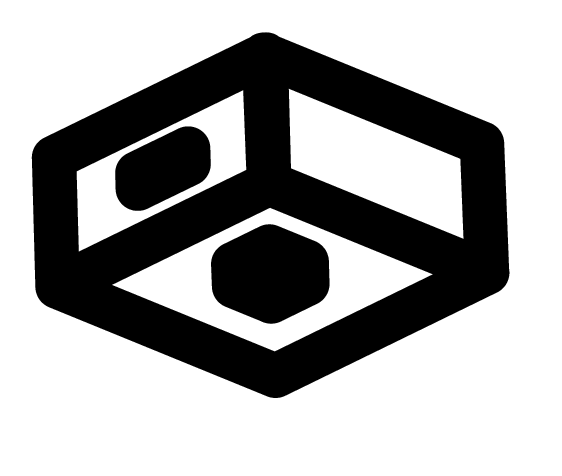InterSystems to assist with global integration of Cognetivity’s AI platform for early dementia detection
InterSystems to assist with global integration of Cognetivity’s AI platform for early dementia detection
August 27, 2021 8:04 am
InterSystems has partnered with the healthcare company Cognetivity to support an AI solution that it says can detect dementia ‘up to 15 years earlier’ than conventional methods.
Cognetivity uses the advanced data management and integration capabilities of InterSystems IRIS for Health to efficiently deploy across clinical environments its Integrated Cognitive Assessment (ICA), a unique approach to support the detection of dementia that tests how the brain reacts to certain types of images.
Described as ‘simple’ and ‘non-invasive’, Cognetivity’s ICA – which can be used on an Apple iPad tablet – detects the earliest signs of disease before the onset of memory symptoms. According to InterSystems, which specialises in data technology and cloud-platforms, it has the potential to ‘transform treatment’ and care for millions of dementia sufferers around the globe, by enabling earlier intervention to delay onset and reduce mortality.
The Alzheimer’s Society estimates that dementia currently affects 54 million people, and this is set to rise to 130 million people by 2050. However, the US Alzheimer’s Association also expects that early diagnosis of people with mild cognitive impairment could save more than $7 trillion in health and care costs.
CE marked as a medical device, approved by the UK’s Medicines and Healthcare Products Regulatory Agency and already deployed with North Staffordshire Combined Healthcare NHS Trust, Cognetivity’s ICA is currently the subject of a UK government-funded study to prove the case for wide integration across healthcare trusts, in collaboration with the Sussex Partnership NHS Foundation Trust and Alzheimer’s Research UK.
The study has now also expanded to provide iPads to participants’ homes, enabling them to conduct the test remotely, which reduces the risk of exposure to COVID-19 and saves time for NHS clinicians.
The InterSystems IRIS for Health data platform is specifically engineered to extract value from healthcare data. It facilitates the integration of proprietary data with clinical data that already exists, achieving full compliance with mandatory data standards, such as HL7 V2 and Fast Health Interoperability Standards (FHIR™) in the NHS, which govern interoperability.
As it’s also cloud-based, it deploys on all major public clouds and supports multi-cloud and hybrid environments, eliminating the need to integrate multiple technologies and making it easier to build ‘high-performance, machine learning-enabled applications’ that ‘connect data and application silos’.

As part of the new collaboration, the InterSystems platform will ‘facilitate the integration of the Cognetivity ICA platform with the incumbent healthcare data systems’, ensuring that important information gets to the right person at the right time, which can help boost ‘efficient adoption’ and ‘effective decision-making’.
Jonathan El-Sharkawy, Chief Technology Officer, Cognetivity, said: “The unique data management and integration capabilities of InterSystems IRIS platform are essential to what we do. They give us the interoperability and agility our cutting-edge technology requires to help transform dementia care pathways right across the NHS and to meet the accelerating demand for telemedicine and remote tools.”
It’s been a busy year for InterSystems, after the UK’s Ministry of Defence selected the company’s HealthShare and IRIS for Health platforms to ‘underpin’ its new Defence Medical Information System, Programme CORTISONE. It also announced another new partnership with the biopharmaceutical company Oncodesign, which will optimise data use to enhance drug discovery processes in oncology.
At HTN, we’ve kept our ear to the ground to find out the latest, which has included an interview with David Hancock, InterSystems’ Healthcare Executive Advisor, to discuss his views and tips on shared care records, as the 21 September implementation deadline approaches.

 Attendees
Attendees
 Sponsors and
Exhibitors
Sponsors and
Exhibitors
 AI Training
for Doctors Workshops
AI Training
for Doctors Workshops
 Contact us
Contact us